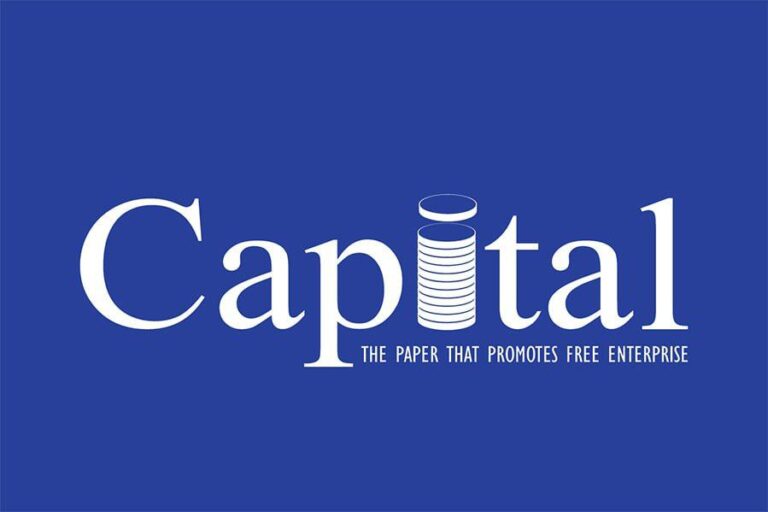Businesses that used supplier credit schemes to obtain loans for importing inputs before the foreign exchange policy went into effect are now worried that regulatory bodies will pressure them to sell their goods at the old exchange rate.
According to information gathered by Capital from the manufacturing sector, one of the industries benefiting from supplier credit privileges, there is a misunderstanding among the authorities regarding how to use the scheme. Manufacturers stated that since inputs, which utilized different letters of credit (LC), were imported before the implementation of exchange rate floating on July 29, there is pressure from the regulatory body to sell products using the previous exchange rate.
According to manufacturers from various industries, credit is used to supply raw materials imported under differed LCs, “so the cost of the input is not determined by the rate when the product is supplied.”
Bankers that Capital communicated with indicated that the majority of LC settlements for materials or capital items imported under differed LCs would take place at least a year later, “so the payment rate in birr shall be based on the exchange rate when the credit is settled.”
An IBD director at one of the banks stated, “Even though manufacturers imported their inputs at the time of the former exchange rate (approximately 58 birr/USD), it does not mean that the input cost is 58 birr since it will be paid at the rate when it settles.”
“The regulatory body, such as the Ministry of Trade and Regional Integration, should govern manufacturers based on this principle rather than enforce them to sell their products using the cost calculation based on the exchange rate when the commodity was imported,” he added.
For example, he stated that payments to suppliers for credit imports should be computed at today’s rate of more than 100 birr per dollar. “Investors will suffer enormous losses otherwise,” he emphasized.
Industry sources claim that in order to lessen their losses when the differing LC is paid, the majority of producers have adjusted their cost calculations based on the current exchange rate.
According to sources, the regulatory body is interested in imposing price caps on the majority of the supplier credit imports, which are associated with the state-owned financial institution, the Commercial Bank of Ethiopia, with a focus on the industrial sector.
A proforma invoice and the supplier’s credit must be granted with a minimum one-year credit duration, per a directive from the National Bank of Ethiopia (NBE).
A foreign supplier’s credit is a form of financing with a future payback date that requires NBE permission before being used. The scheme is open to exporters, international investors, importers of agricultural machinery and supplies, importers of LPG gas, and local manufacturers.
The NBE’s most recent directive permits the construction industry to import machinery, such as graders, loaders, excavators, and other associated equipment, in addition to bitumen used for construction projects related to road building.



